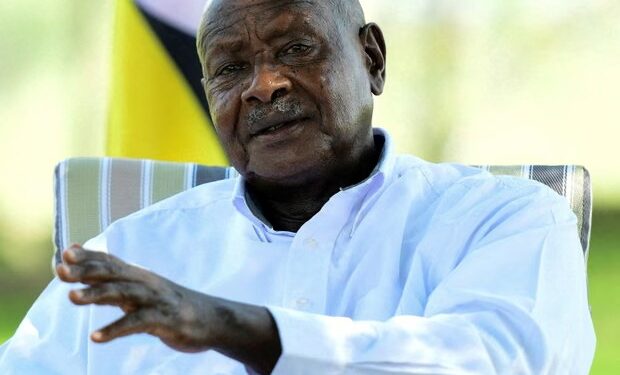Uganda has confirmed it has reached an agreement with the United States to receive some deportees whose asylum claims were rejected, marking a controversial step in Washington’s expanding practice of relocating migrants to third countries. The arrangement excludes those with criminal records and unaccompanied minors, and is expected to prioritise deportees of African origin.
Details of the agreement are still under discussion
According to Uganda’s foreign ministry, the deal remains provisional, with implementation details being finalised between the two governments. Kampala has insisted that the arrangement will not apply to individuals with criminal convictions, and that children without guardians will also be excluded. Officials also suggested that the programme would mainly involve African nationals, reflecting Uganda’s longstanding role as a host for displaced people across the continent.
Policy shift from earlier denials
The announcement marks a reversal from earlier government statements. Just last week, senior officials had denied that any such plan existed, citing limited infrastructure to support additional arrivals. The foreign ministry’s confirmation has raised questions domestically about transparency and decision-making, especially as Uganda heads toward elections in 2026.
Human rights concerns
Rights groups have warned that the deal risks undermining international refugee and asylum protections. Critics argue that sending migrants to a third country without their consent could breach international law, particularly if Uganda lacks the resources to provide adequate safeguards and support. The US has faced similar criticism in the past over agreements with other nations to offload deportees.
Strategic implications
For Kampala, the deal may enhance its standing with Washington at a time of shifting regional politics, while providing potential financial or diplomatic benefits. For the US administration, the move fits a broader agenda of tightening immigration enforcement and outsourcing responsibilities for rejected asylum seekers. Analysts say the arrangement underscores how African states are increasingly being drawn into the geopolitics of migration management.
REFH – Newshub, 25 August 2025



Recent Comments